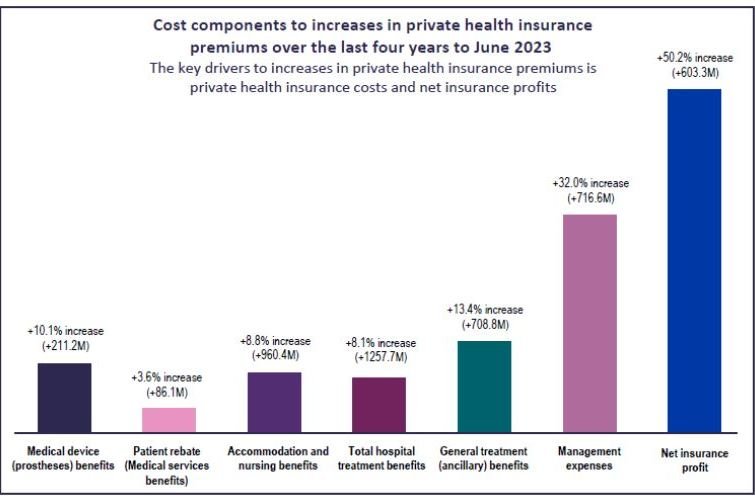A new report card evaluating the condition of waterways in the Mackay-Isaac-Whitsundays region shows a concerning lack of progress in improving the quality of water that flows from farm lands into our Great Barrier Reef, the Australian Marine Conservation Society (AMCS) says.
The assessment of waterways by the Healthy Rivers to Reef Partnership rated the inshore marine water quality as ‘moderate’ overall for 2021, which is the same rating it received in 2020.
AMCS water quality expert Jaimi Webster said while there were some positive signs of improvement in the assessment for most estuaries, she was surprised there was not more progress made in fresh water and inshore water quality because strengthened Reef regulations limiting the amount of fertiliser and sediment pollution that farmers can allow to flow from their properties into waterways have been rolling out since 2019.
“The results indicate that land management practices are still resulting in nutrient pollution and compliance with the Reef regulations are likely to still be a problem in this region. The Queensland government must enforce these rules if they have any chance in seeing long-term improvement in Reef water quality,” said Ms Webster.
“Water pollution is a huge issue for inshore areas of our Reef and the marine life found there. Reef habitats including seagrass – essential for protected species like dugongs and turtles – are increasingly threatened by the pollution flowing from some properties.
“There are many farmers who are doing the right thing and have developed innovations to look after their land and our Reef. But we need all farmers and graziers and their industry bodies complying and supporting the Reef regulations in order for them to deliver the best possible results for our Reef.”
Ms Webster said the Queensland government needed to urgently commit $25m to bolstering compliance with the regulations, and the Queensland and Australian governments needed to come up with a joint plan of how recent funding commitments will be spent in order to meet the Reef 2050 Plan water quality targets.
In 2021, UNESCO recommended the Reef be placed on the list of World Heritage in Danger, in part due to slow progress in achieving the water quality targets. If the Queensland government is to avoid a future in danger listing it must do all it can to achieve the committed targets, which are vital to the resilience and health of the Reef.
“Between them, the Queensland and Australian governments have committed over $1bn to improve Reef water pollution, which is welcome and much needed. But this money must be targeted wisely and front loaded to achieve the most bang for buck,” said Ms Webster.
“Improving the quality of water flowing into Reef ecosystems will be vital for its resilience as it faces increased incidences of marine heatwaves under global warming.”







